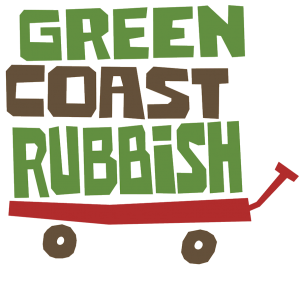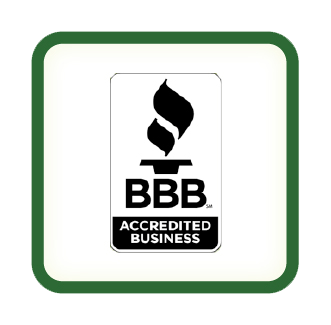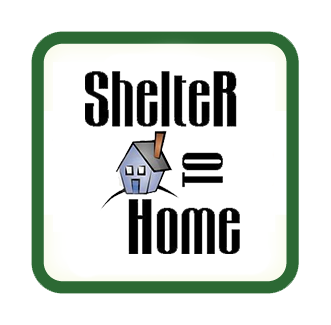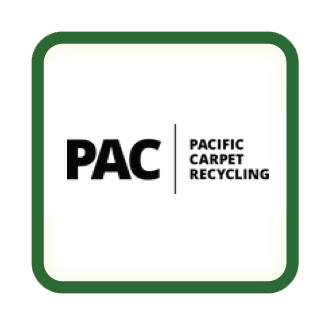As you head into the wild or to your designated campground for your weekend camping trip, the Green Coast team would like you to take a moment to think about reducing your eco footprint. Sustainable camping may include a lot of different aspects – everything from the gear and supplies you bring, to how you impact the environment around you when you are camping. Here are 4 sustainable camping tips to get you started on your eco camping journey:
Gear
Consider borrowing or buying second hand for big ticket camping necessities such as tents, sleeping bags, and camp stoves. Purchasing quality second hand gear is always an environmentally friendly choice; for example, check out Facebook Marketplace or this MEC online gear swap site for deals. If something goes wrong ie. you have a tear in your tent or a broken tent pole, consider repairing the damage before sending it to the landfill and paying to buy something new.
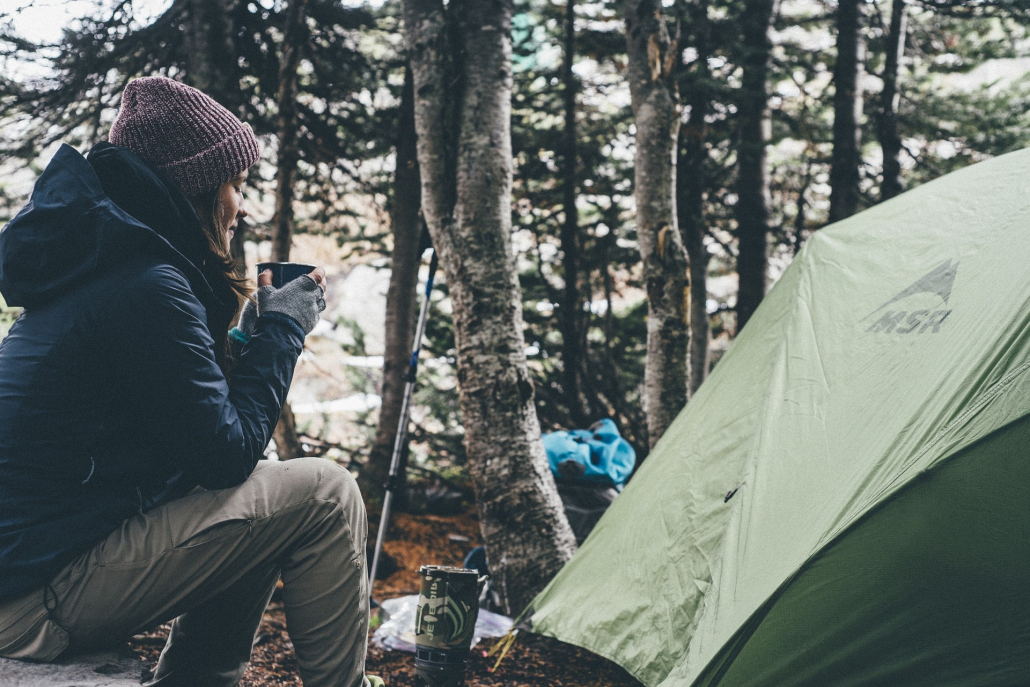
Credit: Pixabay
Pack in, pack out
A simple rule of thumb is to pack in, pack out – meaning that you should pack only what you need into your campsite and don’t leave anything behind. A great rule of thumb while packing is to minimize packaging and avoid single use plastics. Think reusable – containers, utensils, dishes, cups, bags, straws, napkins, you name it. All waste that is tossed into a campground garbage bin creates an unsightly mess that not only attracts wild animals but also goes straight to the landfill.
Camp fire awareness
With wildfire danger a major concern during hot, dry weather, following camp fire regulations is extremely important to protect yourself, the surrounding environment and local wildlife at your campsite. Being a responsible environmental steward means checking your local area for fire bans. An alternative to a campfire is to use a portable camp stove for cooking and if allowed, a propane fire pit. These portables are great as you still get a campfire experience – complete with roasting marshmallows – that is much safer.
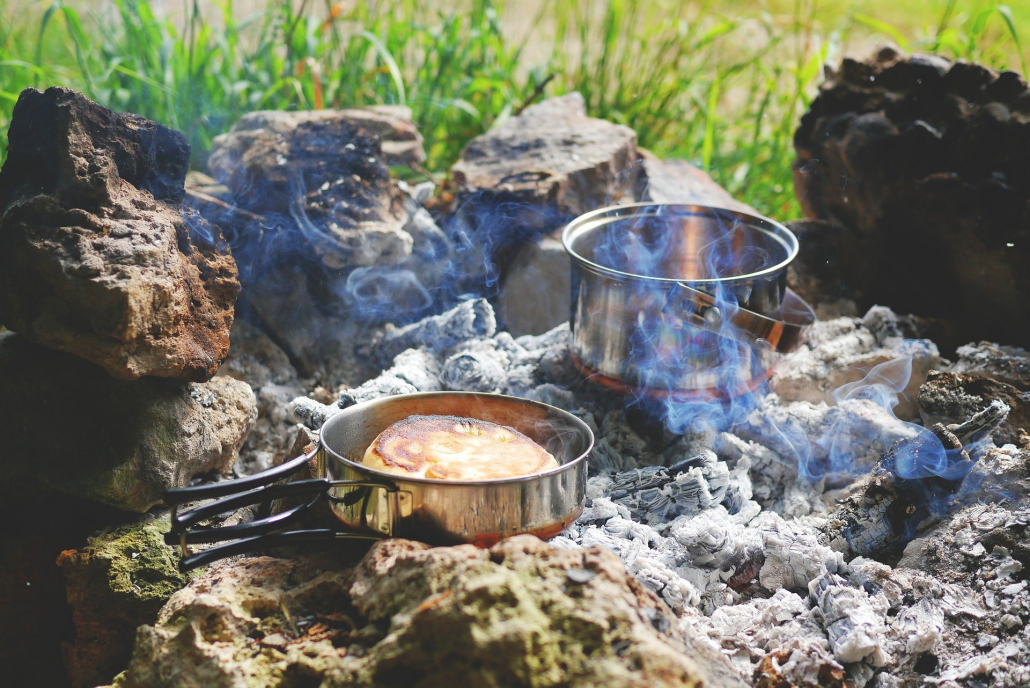
Credit: Pixabay
Post-trip recycling
When you return from camping, there may be some post-trip recycling required to get everything you bring back out of your hallway. By packing out your waste you have the opportunity to sort it into the appropriate recycling bins at home. Items such as small propane tanks cannot be recycled curbside but are accepted at your local Recycling and Waste Centre (formerly known as the Metro Vancouver Transfer Stations). If there are any items that you are not sure about, RecycleBC is a great resource.
Don’t be intimidated by trying to be perfect in your journey to reducing your eco footprint. Making changes to small everyday actions does make a difference and if you increase your awareness and make adjustments for your next camping trip, you’ll be on your way to sustainable camping. It truly is a journey and not the destination that matters.
